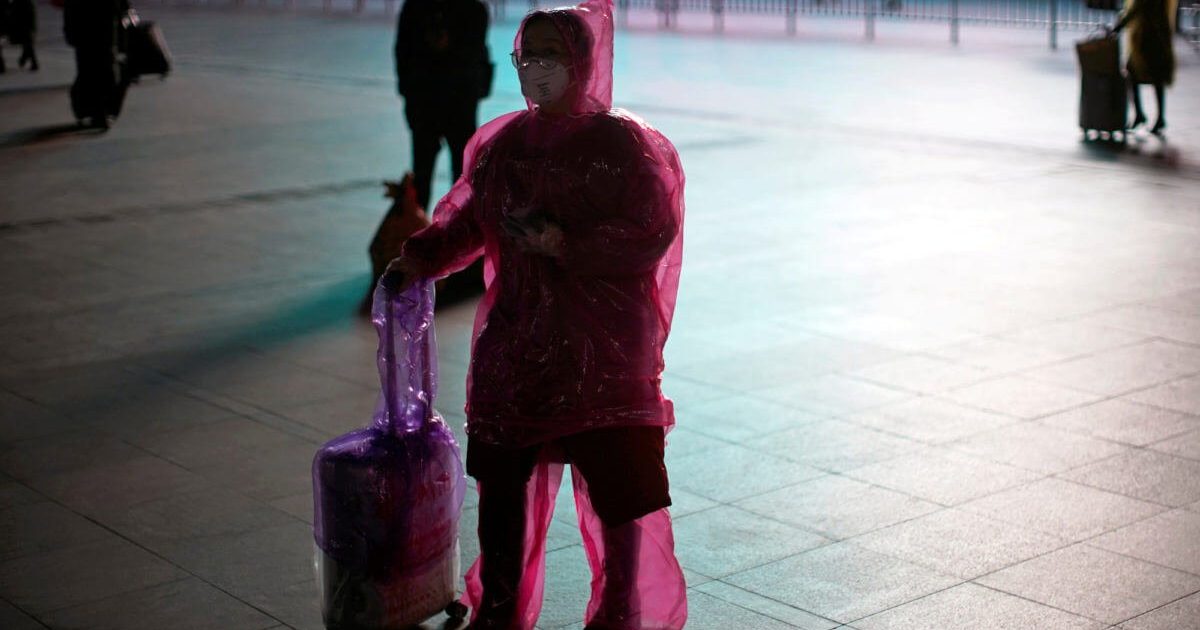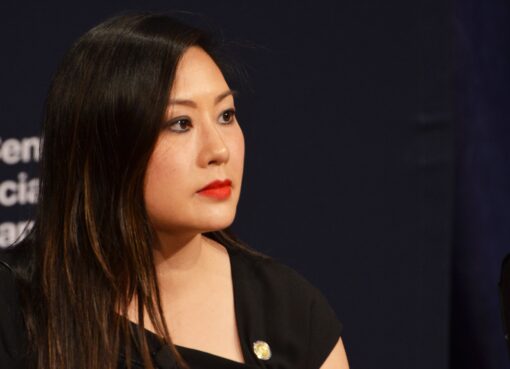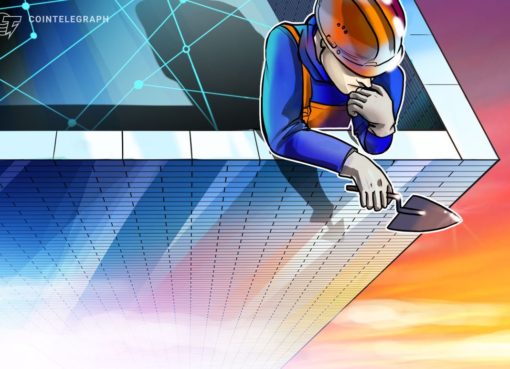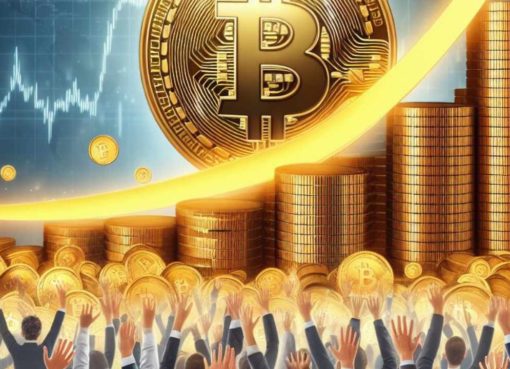- China is ramping up its efforts to censor international coverage of the coronavirus.
- President Xi has stated a need to “strengthen the guidance of public opinion.”
- The reasoning behind this is clear: Beijing needs to stifle a possible powder keg of unrest in Hubei province.
In a predictable move, the Chinese government has ramped up its censorship efforts to deny citizens access to global news and more powerfully dictate the internal narrative around the coronavirus.
The reason behind this is clear, as the reality of the health crisis does not necessarily match the optimistic story line coming out of Beijing.
China Ramps Up Censorship
Tightly censoring the internet is nothing new in China, where international social media has a blanket ban. These latest efforts are exceptional, as VPN companies have reported an increase in restricted websites.
The comes amid a wave of financial and political efforts to calm an increasingly restless nation dealing with the mass-breakout of the coronavirus.
Frozen supply chains and rumors of food shortages are rampant, while plenty still speculate that the numbers of the infected are grossly underrepresented.
Official statistics are showing that cases of the virus appear to be slowing, while the number of recovered patients is also on the rise. This is tremendous news if true, and amid a wave of fiscal stimulus, stock markets around the world have certainly been buying this story of optimism.
Investors Still Believe Beijing Is Tell The Truth
Boris Schlossberg, managing director at BK Asset Management recently wrote that optimism and uncertainty are the principal spirits guiding Wall Street:
Investors continue to take solace in the fact that the virus does not seem to be spreading outside of China in any significant way, and even within China, the official case count outside of the hot zone of Wuhan province is declining. Still, it may be premature to celebrate victory as many scientists believe the long incubation period of the disease could quickly escalate the global count in the near future.
Why then would China’s government feel the need to increase internet censorship now? Why not make those aggressive restrictions at the start of the outbreak?
U.S. Officials Still Very Concerned About The Epidemic
U.S. health officials and lawmakers have been extremely clear that they do not believe China is being entirely truthful. One senator has even flatly accused Beijing of lying and that the disease is an escaped bio-weapon. A claim which is not as implausible as it sounds.
The general view has been even further solidified by the World Health Organization (WHO), which has explicitly stated that the coronavirus outbreak could still get exponentially worse from here.
Containing Unrest In Wuhan Looks To Be The CCP’s Number One Priority
Rumors of the origin of the illness are prevalent, but if you are locked up in a house in Wuhan, you don’t care if Donald Trump, Xi Jinping or a fruit bat are the architects of the virus. You just want it to end.
The desperate attempts of locals in quarantine to keep their spirits up has been seen in some spooky videos taken in Wuhan where people shout slogans to one another.
This is the most likely reason that the CCP is cracking down on internet usage, as the optimism is surely running low.
While in some regions in China life might be starting up again, at the epicentre of the outbreak quarantine is still in effect. Though Beijing has removed plenty of the officials in charge of Hubei, resentment is just human nature. A powder-keg of social unrest is possible, and China’s leaders are doing their best to isolate this from the rest of the country.
The vanishing of local journalists was also inevitable as they attempt to build a protective wall of silence around the damaged region.
Disclaimer: The opinions expressed in this article do not necessarily reflect the views of CCN.com.
This article was edited by Sam Bourgi.
Last modified: February 17, 2020 8:18 PM UTC




